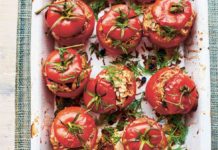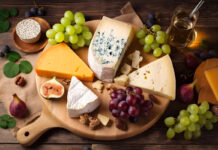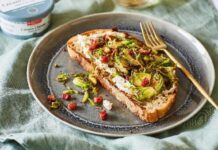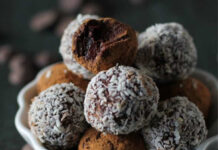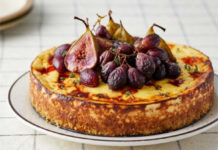If ever there was a thought-provoking drink, it’s biodynamic wine. Of course, there are ‘good-time wines’ and ‘blow-the-budget wines’, but if you really want a wine to connect to, it’s a biodynamic one. It illustrates how the earth and heavens can shape the way we feel about what’s in our glass.
A buzzword in the sunny Languedoc-Roussillon where the hot, dry climate, wind (which chases away mildew on the vines) and diverse terroir (soil) is perfectly suited to organics, biodynamics goes one step further and takes a holistic approach to winemaking.
One of the region’s pioneers, former France rugby player Gérard Bertrand, oversees 15 estates. The winemaker follows the principles of the philosopher Rudolf Steiner and his ‘spiritual science’ of anthroposophy. This is based on the concept that a vineyard needs to be harmonious to reach its full potential. Biodynamics have been a central theme to his properties for more than 20 years.
As Bertrand writes in his book, Wine, Moon And Stars(available on Amazon): “Steiner’s precise and detailed teachings in biodynamic farming have been essential to me. They have led me to question how the moon and the planets, and their interplay with the rocks and limestone in the soil, influence the taste of the wine.”
So, what exactly are biodynamics?
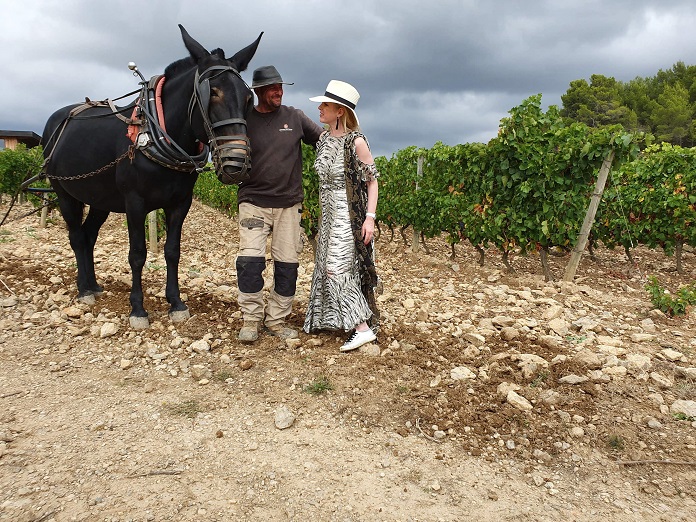
In its simplest form, biodynamic farming includes many of the principles of organic farming. This includes no chemical intervention and, to promote a healthy soil, the compost is enriched with specific preparations (infusions) made from natural substances, such as chamomile, stinging nettles, oak bark and dandelion. Timing is key, and planting, pruning and harvesting is based on the phases of the moon, stars, planets and zodiac.
How does the biodynamic calendar influence the wines?
Essentially, the moon affects how the wines taste, and farmers have been following the lunar cycle for hundreds of years. There are flower days, fruit days, leaf days and root days. The latter two are supposedly the worst days for tasting wines, and fruit days the best.
If you’d like to test this out at home, check out the Rhythm of Nature site (uk.rhythmofnature.net). It’s one of those things that’s difficult to explain but seems to work, especially if you’ve ever wondered why you’re go-to glass of vino has good days and bad.
On a trip to Gérard Bertrand’s vineyards in late September, I visit Clos d’Ora, Minervois, where horses and mules plough the soil and the grapes are weighing heavy on the vine – they taste delicious, but are not quite ripe for the picking.
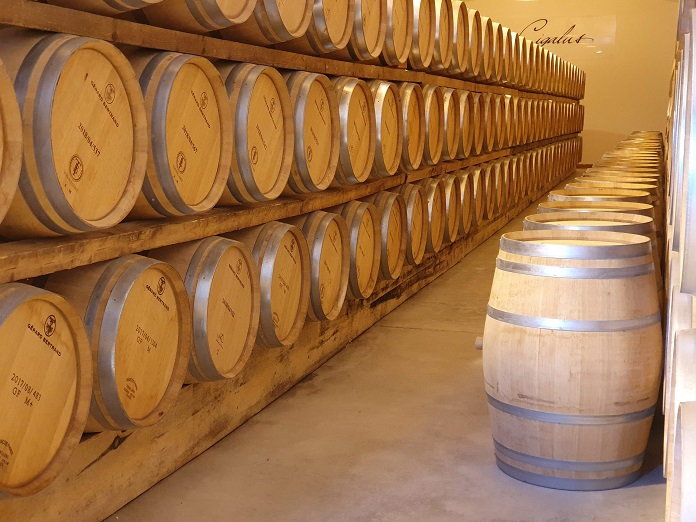
We head to Bertrand’s Cigalus estate (and family home) in Corbières, where the grapes have been farmed biodynamically, which he describes as “a sort of homeopathy of the earth” since 2002.
All the work in the vineyard, from ploughing to pruning, and ageing in the cellars is “driven by a calendar based on two celestial objects: the moon and the sun”.
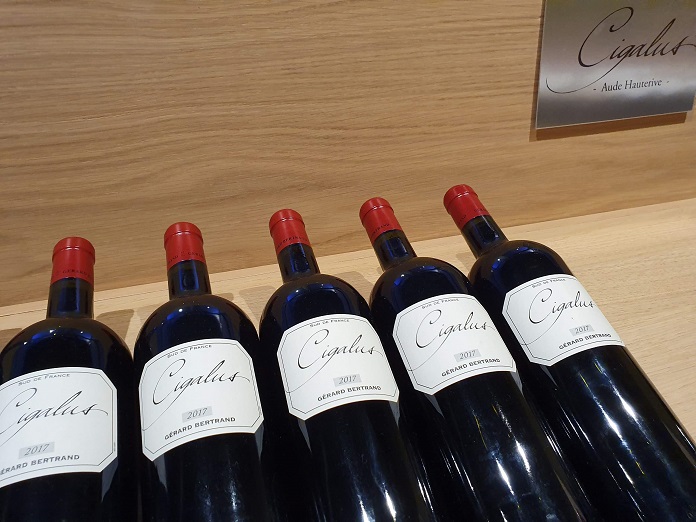
Testament to the quality, Bertrand’s Cigalus Rouge 2017 has been awarded 91+ points by Robert Parker’s Wine Advocate.
We’re also treated to a masterclass hosted by Matthew Stubbs, Master of Wine, and a tasting of 14 wines from Bertrand’s impressive portfolio of whites, rosés and reds.
Do the wines taste different?
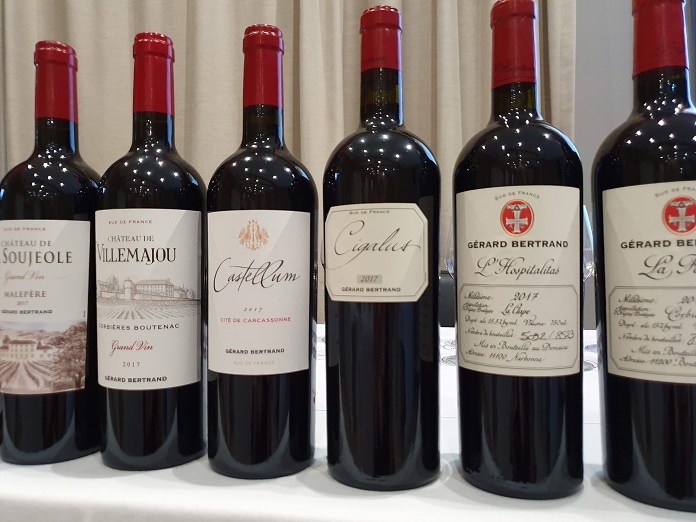
“I think the wine seems more alive and there’s more intensity of fruit,” notes Stubbs. “The acidity is noticeably higher, which in a region like the Languedoc-Roussillon is a very good asset, because this is a hot region and acidity levels tend to be lower.
“The wine seems to take on an extra level of vivacity – and that for me is really what the essence of biodynamic is.”
Fruit days vs root days?
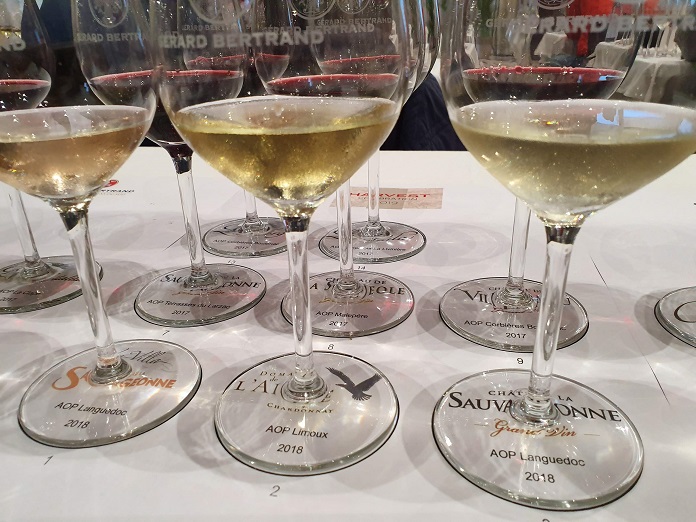
Interestingly, the tasting was held on a root day and all the wines tasted fabulous (to me), so it’s hard to imagine how good they’d taste on a fruit day. To satisfy my curiosity, I posed the question to Bertrand.
“We follow the lunar calendar cautiously, harvesting our iconic plots and blending our wines exclusively on fruit days.
“Regarding tastings, fruits days are recommended, but root days are favourable too. Biodynamics improves the balance between the acidity and the sweetness. It provides a wonderful aromatic complexity and a better level of minerality and freshness in the wines,” says Bertrand.
“Biodynamic wines reveal the best expression of their terroir, no matter when they’re tasted.”
For more information, visit Gerard Bertrand (gerard-bertrand.com).
























































